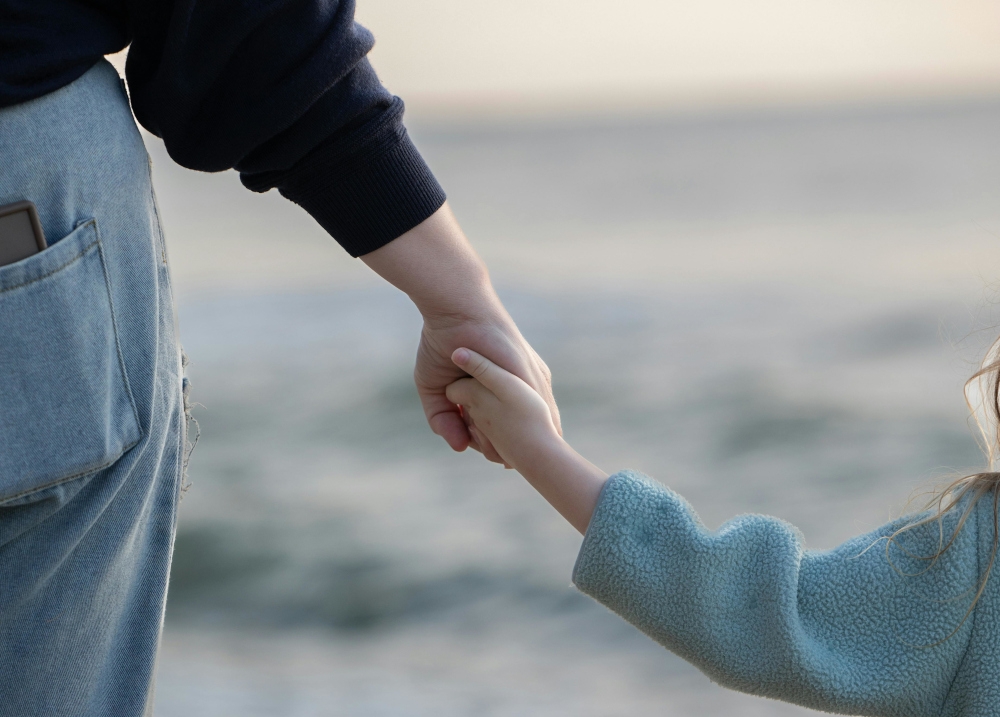KUALA LUMPUR, Nov 4 — Stepping into a courtroom can be overwhelming for anyone — even more so for a child who is a victim or witness in a sexual abuse case or criminal proceeding.
Recognising that children are among society’s most vulnerable, a framework was needed to support the legal process with empathy, care and protection — ensuring they can testify safely.
First issued in 2017, the Special Guidelines on Handling Child Sexual Abuse Cases (revised August 2025) reflects the federal government’s pledge to safeguard children’s welfare and ensure their best interest guides every decision made during criminal proceedings.
To assist child witnesses in giving their best evidence and to ensure full implementation of the Evidence of Child Witness Act (Act 676), the updated guidelines provide a key reference for all agencies and individuals involved in handling child sexual offence cases.
From specialised support officers to child-friendly court environments, the guidelines highlight the special measures designed to address the unique needs of child witnesses and victims — safeguards that remain largely unfamiliar to many.
Malay Mail takes a closer look at some of the key protections under the updated guidelines, now replacing the 2017 framework in full.
Little witnesses, big protections
One of the most known and paramount legal protections for children is the prohibition against disclosing or publishing any identifying information of any child involved in criminal proceedings.
As a general rule, the guideline stipulates that every child sexual abuse victim be assigned a Witness Supporter as early as possible to support them through the criminal process.
Their primary role is to provide information and emotional support to the child and their parent or guardian throughout the criminal proceedings, including:
- Explain the criminal process and child-friendly measures in simple terms
- Act as a liaison between the child, Investigating Officer and Prosecutors
- Prepare the child before trial, including court familiarisation, pre-trial meetings and anxiety-management support
- Help the child (and parent/guardian) prepare or update a victim impact statement
- Accompany the child to court and assist with transport arrangements
Apart from a Witness Supporter, a child’s parent or guardian may also appoint a Legal Companion (specially-trained Legal Aid Department staff) for legal advice.
To ensure meaningful and effective participation in court, a child witness must also be served with a subpoena at least 14 days before they are required to testify.
Where possible, authorities must use an unmarked vehicle and take the child directly to a child-friendly waiting room upon arrival.
The courts must schedule a specific day and time for a child to testify and ensure minimal waiting, while choosing a time that suits the child’s age and comfort.
The guideline also mandates that a child’s testimony be prioritised over all other witnesses, with their evidence taken in one day or on consecutive days, to avoid the need for them to return to court repeatedly.
Every child is presumed competent to testify, and those aged 12 and above are also presumed competent to give evidence under oath.
If a child’s competency is challenged, only the judge may question the child.
To minimise distress and help the child give their best evidence, the court may appoint an accompanying adult to provide emotional support while the child testifies.
In all child sexual abuse cases, live link should be the primary method for taking a child’s evidence, unless facilities are unavailable, with cameras positioned to ensure the child cannot see the accused.
When a child has to testify in the courtroom, screens must be set up to block their view of the accused.
The child sits behind the screen before the accused enters and the accused must exit first once testimony ends.
If a child is required to indicate an intimate body part, a body diagram or anatomical doll must be used.
A child’s Legal Companion may — with the court’s permission — ask questions or object to questions during cross-examination, provided they do not interfere with the duties of the prosecution.
Before sentencing takes place, prosecutors must tell the child and their parent or guardian that they can submit a victim impact statement and that the court may also order compensation.
A victim impact statement lets a victim tell the court how a crime has affected them, including any emotional, physical or financial harm.






